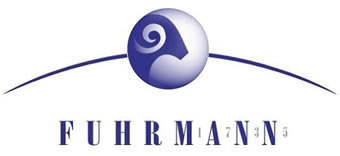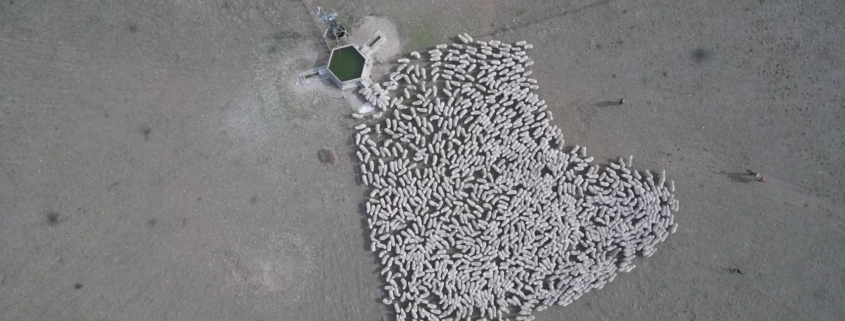Naturally Mulesing Free
Sheep in Argentina do not need to be mulesed which makes Argentinian wool naturally mulesing free
At Fuhrmann, we always want to be transparent and tell things as they are. One of the controversial topics in the wool industry is mulesing. In this blog post, we want to give a little bit more background on the topic.
What is mulesing?
Mulesing is a practice primarily found today in some parts of Australia where the weather conditions are moist and damp. In these moist regions, the blowfly Lucilia cuprina lays its eggs into the skin folds of a sheep’s rear. Once the eggs hatch the maggots start eating the sheep alive. To prevent this cruelty to the sheep, some of the skin around the rear of the sheep gets cut away once when it is still a little lamb.
What is the criticism about mulesing?
While mulesing is there to save sheep, there has been strong criticism from animal rights organisations about this practice. The industry has already reacted to the criticism with different methods to improve the sheep welfare in this area. Where possible wool growers in Australia have stopped mulesing on their farm. In areas where sheep are in danger to be hit by flystrike due to the natural conditions, more and more wool growers are using methods to make the procedure painless by using pain relief or avoiding it entirely. This is done by breeding sheep who don’t have any skin folds which makes mulesing unnecessary. With these efforts, the number of lambs who need to be mulesed is declining. If you want to read more about mulesing you find information here.
Where does mulesing exist?
As mentioned above, mulesing is mainly practiced in some regions in Australia. Countries such as New Zealand and South Africa have already banned the practice in response to concerns for animal welfare. In Patagonia however, there has never been any need for mulesing because the blowfly does not exist in the South of Argentina due to the natural sanitary conditions.
The Blow Fly does not Exist in Argentina
The climate in most of Patagonia’s pastures is dry and cool so that parasites and bacteria don’t have much to survive on and therefore are not a threat to our sheep. Lucilia cuprina, the blowfly, which lays its eggs into the sheep’s skin which causes a life-threatening risk to sheep does not exist in Argentina and is, therefore, no danger to the animals.
No mulesing needed in Argentina
Mulesing as an animal welfare practice is not needed in Argentina and therefore not at all practiced by wool growers across the country. Sheep in Patagonia graze in extremely low density areas. On average there is 1 sheep on every 10 hectares. This low sheep density helps to prevent contagion and adds to the freedom of each sheep.
With all these excellent conditions for our sheep, our customers can rest assured that our organic wool is always 100% mulesing free.
Hopefully, we were able to answer all your questions and concerns regarding mulesing. If you have any further questions, please feel free to contact us.
Read more about animal welfare at Fuhrmann here.
This post is also available in: Spanish

 Fuhrmann Argentina
Fuhrmann Argentina Numerco
Numerco Fuhrmann Argentina
Fuhrmann Argentina
